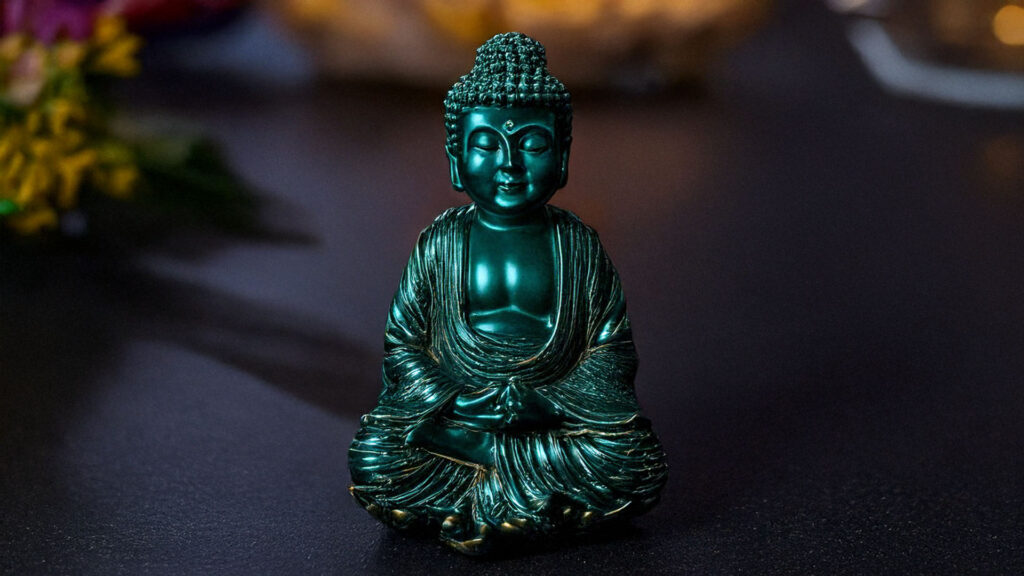
Mindfulness, or sati in Pali, is a central practice in Buddhism that refers to the cultivation of moment-to-moment awareness. It involves paying close attention to one’s thoughts, emotions, sensations, and actions without attachment or judgment. Mindfulness is not just about being aware; it is about being fully present, with clarity, insight, and an open mind. It is a way of training the mind to observe without reacting, helping practitioners to navigate the complexities of life with calm and understanding. Through mindfulness, one develops a heightened sensitivity to the impermanence of all things and becomes better equipped to address the challenges of suffering, which is a core teaching in Buddhism.
In Buddhist philosophy, mindfulness is integral to the Eightfold Path, which is the path to the cessation of suffering (dukkha). The Eightfold Path provides a comprehensive guide to ethical living and mental discipline, and mindfulness is crucial in all of its aspects. Specifically, mindfulness aids in right view, right intention, right speech, right action, and right livelihood by encouraging clear and non-reactive awareness. Through mindfulness, one develops discernment, enabling the practitioner to act with wisdom and compassion in all areas of life. Without mindfulness, it is difficult to engage in the other aspects of the path in a meaningful way.
Mindfulness in Buddhism is often practiced through meditation, particularly in the form of vipassana or insight meditation. In this form of meditation, practitioners sit quietly, focusing on the breath or bodily sensations, while observing the arising and passing away of thoughts and emotions. This helps in understanding the nature of the mind and its tendency toward clinging, aversion, and ignorance. As mindfulness deepens, practitioners gain insights into the impermanent, unsatisfactory, and non-self nature of phenomena, which leads to liberation from attachment and suffering. This process of awareness and insight is known as the cultivation of wisdom (prajna), one of the key goals of Buddhist practice.

Beyond formal meditation, mindfulness can be integrated into everyday life. Buddhist teachings encourage practitioners to maintain mindfulness throughout their daily activities, whether walking, eating, or interacting with others. This continuous awareness transforms mundane actions into opportunities for spiritual growth. By practicing mindfulness in daily life, one learns to remain grounded in the present moment and reduces the tendency to become lost in distractions or habitual reactions. In this way, mindfulness fosters a deeper connection to the present, helping practitioners to live more skillfully and with greater emotional balance.
Mindfulness in Buddhism is not merely a technique but a profound approach to life itself. It is a transformative practice that cultivates awareness, wisdom, and compassion, allowing practitioners to live with greater clarity and freedom. Through mindfulness, individuals come to understand the nature of their minds, reduce suffering, and ultimately attain enlightenment. As a central element of Buddhist philosophy and practice, mindfulness offers a pathway to deeper peace and understanding, both within oneself and in relation to others.
When you purchase through links on our site, we may earn an affiliate commission.


